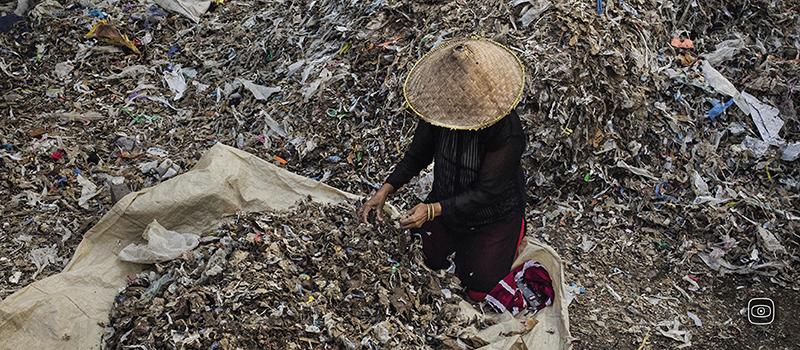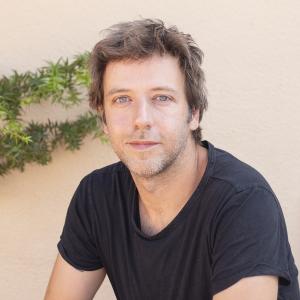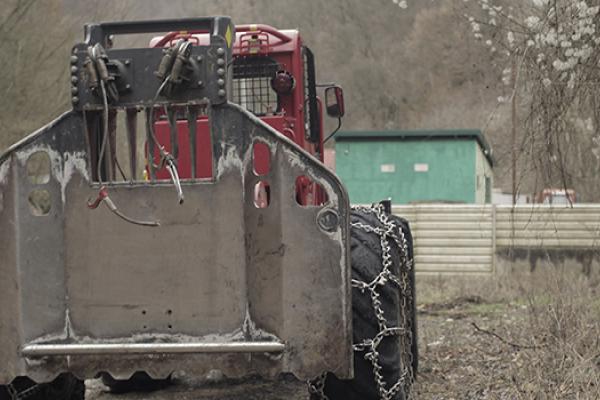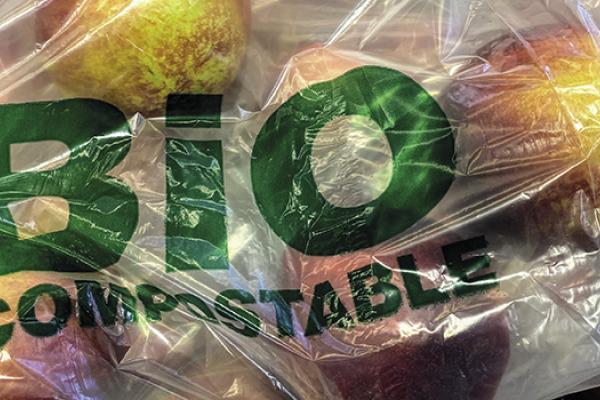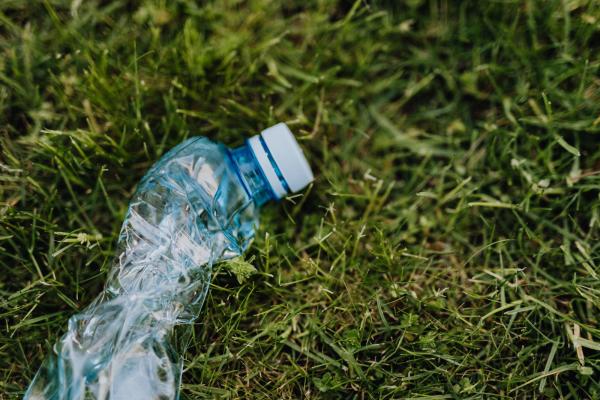This investigation reveals the severe effects that plastic waste from the European Union is having on the local communities of East Java. We have found evidence that this plastic is causing a serious public health and environmental pollution crisis. In many cases, the imported plastic is used as fuel in small local factories, generating pollution that has entered the food chain (extremely high levels of dioxins in chicken eggs) and has severely contaminated rivers (microplastic levels 15 times higher than normal).
Our research also proves that this plastic is traveling to Indonesia from the European Union through recycled paper transport channels, which should only carry shipments of paper with 98% purity. The arrival of these highly plastic-contaminated shipments suggests the existence of illegal waste trafficking from the EU.
This work is particularly relevant at this moment, as the EU will implement a complete ban on the export of plastic and paper for recycling to non-OECD countries (including Indonesia) in 2027. This new legislation allows for certain countries to be considered exceptions, and the decision on whether Indonesia can continue receiving shipments of paper for recycling will be made in the coming months.
Key findings:
- Plastic waste from European Union is causing a serious public health and environmental pollution crisis in East Java, Indonesia, including large amounts of microplastic in the rivers and dangerous levels of dioxins that are already present in the local food chain.
- Part of this plastic waste reaches East Java in shipments of paper for recycling, that suggest a violation of the law that only allows exports from the EU to this country when contamination does not exceed 2%. The evidence and sources in this report confirm the existence of illegal waste trafficking, as acknowledged by the EU itself.
Image: Rohana (45) sorting paper and plastic waste in Pagak, East Java. Many families in this area purchase large amounts of waste and work manually to separate the paper from the plastic. They then resell the paper to the local factory. Photo by Edu Ponces / RUIDO Photo
